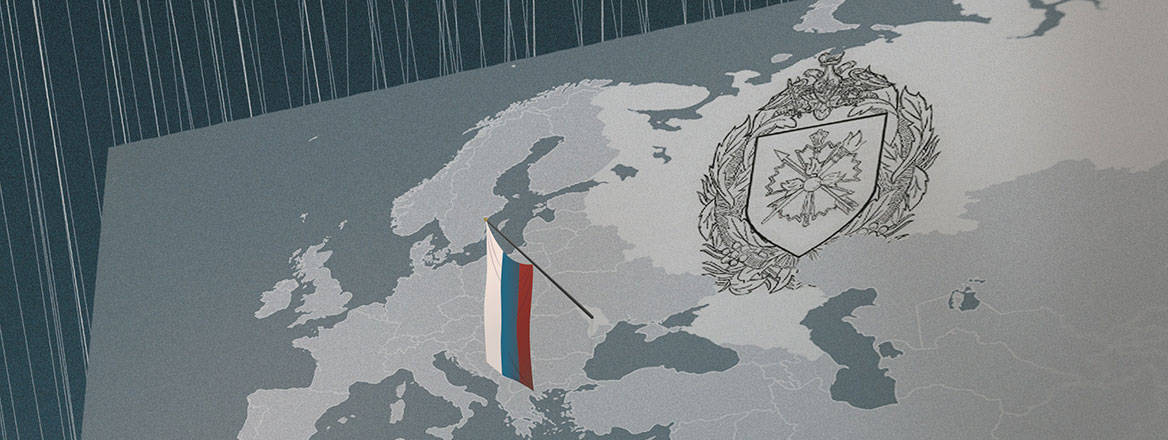The Threat from Russia’s Unconventional Warfare Beyond Ukraine, 2022–24
This report details Russia’s unconventional military activities outside Ukraine, including efforts to prepare for destabilisation in European countries, expeditionary operations in Africa to seize control of critical resources, and outreach to target audiences in the Middle East.
Western discourse about Russia’s way of war has oscillated between emphasising the conventional and unconventional threat.1 Up until Russia’s full-scale invasion of Ukraine in 2022, the emphasis was disproportionately on Russian unconventional warfare – the conduct of sabotage, subversion and destabilisation through undeclared Russian forces – carried out in the so-called ‘grey zone’. This has since shifted to the conventional threat that Russia poses to NATO. The problem with this is that Russia considers both conventional and unconventional military means to be tools of national power and applies them in combination. It is the conventional threat of escalation that deters retaliation against unconventional activity, thereby expanding the scope of what Russia can get away with. Conversely, it is the unconventional operations of the Russian special services that aim to set the conditions for the successful application of conventional military force.2 Both tool sets must be understood to appreciate the threat that Russia poses. Its unconventional efforts remain central to its theory of victory against Ukraine – and countering them is equally important.
This report’s primary conclusions are that Russia’s special services actively seek to expand their capacity in several areas that pose strategic threats to NATO members. First, the GRU is restructuring how it manages the recruitment and training of special forces troops and is rebuilding the support apparatus to be able to infiltrate them into European countries. Second, the GRU has taken the Wagner Group’s functions in house and is aggressively pursuing the expansion of its partnerships in Africa with the explicit intent to supplant Western partnerships. Third, the leader of Chechnya, Ramzan Kadyrov, is being used to build a broad network of influence among Chechen and Muslim populations in Europe and the Middle East, with the aim of contributing to the subversion of Western interests. These lines of effort should be countered.
WRITTEN BY
Dr Jack Watling
Senior Research Fellow, Land Warfare
Military Sciences
Oleksandr V Danylyuk
RUSI Associate Fellow, Military Sciences
Nick Reynolds
Research Fellow, Land Warfare
Military Sciences
- Jim McLeanMedia Relations Manager+44 (0)7917 373 069JimMc@rusi.org




